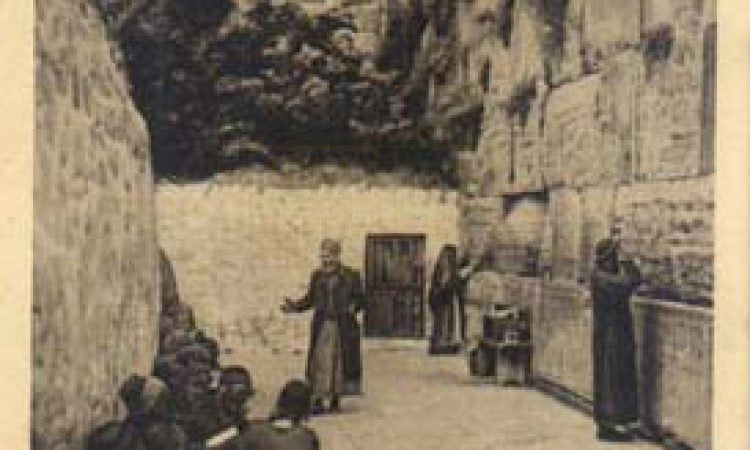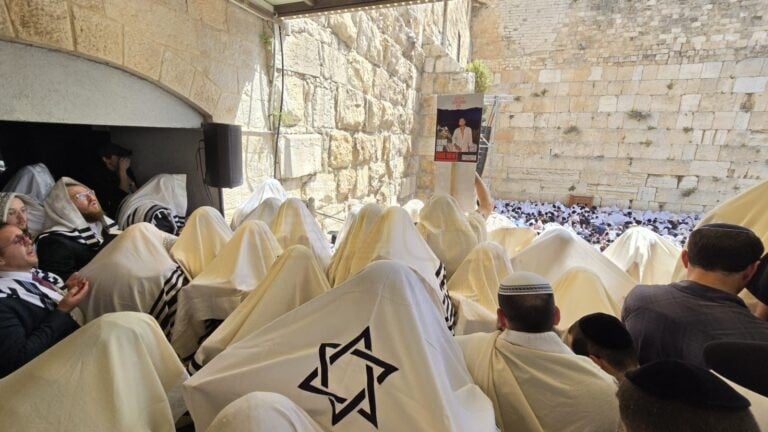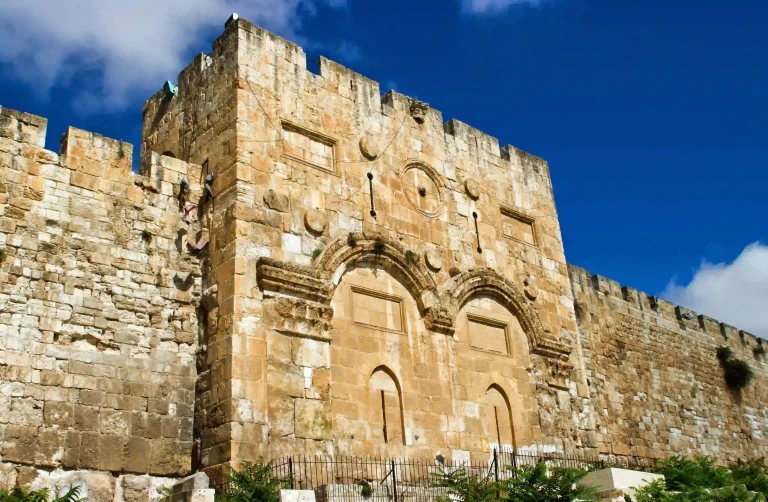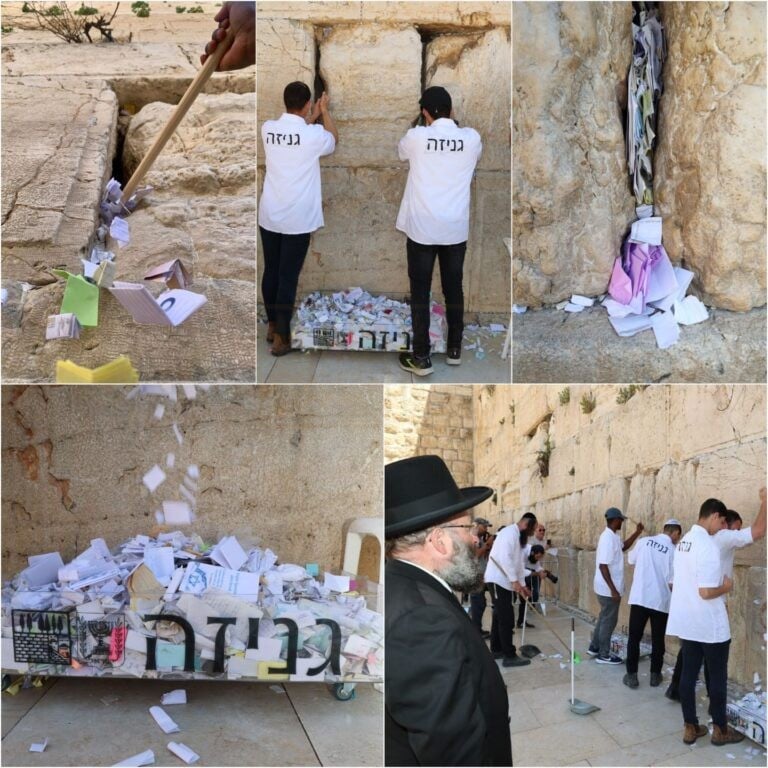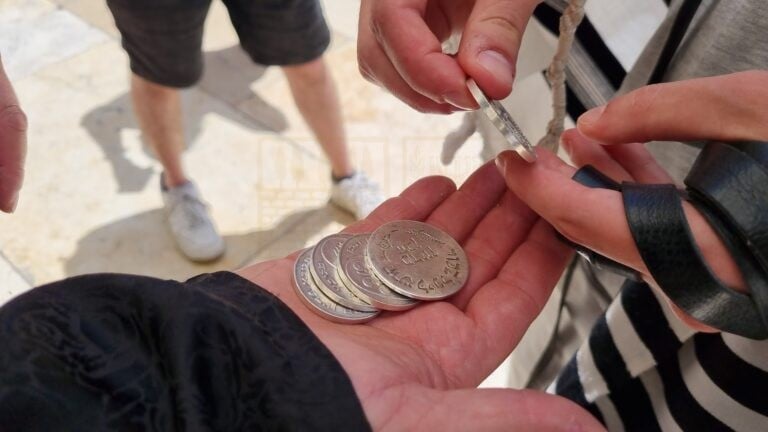|
Getting your Trinity Audio player ready...
|
Bs”d Ha’azinu 5784
Rabbi Shmuel Rabinowitz, Rabbi of the Western Wall and Holy Sites
Parashat Ha’azinu, which we will read on Shabbat, mostly consists of a song of admonition and prophecy that Moses delivered to the Children of Israel shortly before his death. In this prophecy, he foretells their future, a future in which they will sin and be punished but will ultimately survive the hardships and recover. In the midst of these words, Moses rebukes the Children of Israel with the following passage:
Is this how you repay the Lord, you disgraceful, unwise people?! Is He not your Father, your Master? He has made you and established you.
(Deuteronomy 32,6)
Moses rebukes the Children of Israel who fail to recognize the goodness bestowed upon them by G-d, and as a result, they may sin and worship idols. He confronts them with the core of the sin we are all familiar with – a lack of gratitude.
Indeed, many of the sins that people commit – both those between man and G-d and those between man and his fellow man – stem from an attitude that doesn’t acknowledge the goodness bestowed upon us. It is essential to examine this phenomenon and learn how to deal with it.
When we speak of “lack of gratitude,” we often refer to individuals who attribute their successes solely to themselves and fail to acknowledge the help of others. This is a common human trait, and there is a straightforward explanation. When we admit that we needed the help of others, it may hurt our pride, making us feel less successful, dependent, and not self-sufficient. Nevertheless, we must genuinely acknowledge and appreciate the goodness we receive, even if this acknowledgment may lead to discomfort or affect our self-image as successful and independent individuals.
However, there is a more severe case of ingratitude when a person doesn’t recognize any goodness in their life and focuses solely on the negative aspects. This attitude is rooted in perfectionism, causing one to dwell on what is lacking, even if objectively, what is lacking is minimal in comparison with all the advantages and goodness a person has merited. This perspective causes a person to accumulate negative feelings about the past and the present and develop a pessimistic attitude toward the possibilities of repairing things in the future. However, when a person acknowledged the good he has, and everyone one some good in their lives, and some have a lot of good, this recognition develops positive feelings and the person becomes more optimistic, believing in the possibility to improve and advance.
Lack of gratitude is not just a sin; it is also a cause of future troubles. Conversely, recognizing goodness not only represents the right approach but also opens the door to a better future. When Moses rebukes the Children of Israel for their ingratitude, he first and foremost calls upon them to acknowledge the goodness they have received from G-d.
Parashat Haazinu is read this year, as in other years, on the Shabbat between Rosh Hashanah and Yom Kippur, known as “Shabbat Shuvah” (the Sabbath of Return). The name is derived from the Haftarah which begins with the words, “Return, O Israel, to the Lord your G-d.” This Haftarah concludes with the following verses:
And the children of Zion shall rejoice in the Lord their G–d… You shall praise the name of the Lord your G–d who has dealt wondrously with you.
(Joel 2,23; 26)
An essential part of an individual’s personal journey of rectification is recognizing the goodness they have received, ceasing to focus on negative aspects, and highlighting the positive aspects of their lives. The next step is to understand the source of this goodness – G-d – and to act out of this awareness with humility and joy.
